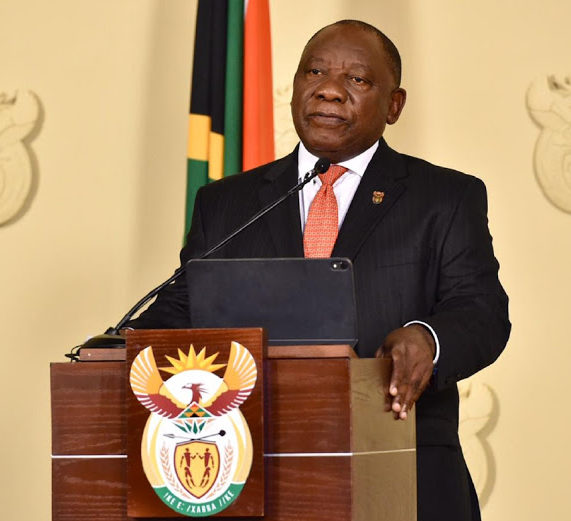Changes for divorce in South Africa signed into law

President Cyril Ramaphosa has signed the Divorce Amendment Bill into law, bringing changes to Muslim divorces in South Africa.
The amendment to the Divorce Act of 1979 comes after the Constitutional Court in the Women’s Legal Centre Trust v President of the Republic of South Africa and Others (2022) said that the act was unconstitutional as it excluded Muslim marriages.
The non-recognition of Muslim marriages in civil law meant that a person, especially a woman, who is married in terms of Islamic law had no right to seek a divorce from a court.
Al Jama-Ah leader Ganief Hendricks, who introduced a private member’s bill on the issue last year, said that Muslim families suffered greatly due to not having the same legal remedies offered in the Divorce Act.
Under Sharia law, Muslim women were often left destitute if divorced as they could not enforce maintenance and guard their children’s rights.
“The amended legislation addresses shortcomings in the Divorce Act of 1979, which differentiated between people married in terms of the Marriage Act and people married according to Muslim rites, especially women,” said the Presidency.
Thus, the Divorce Amendment Bill does the following:
- To insert a definition of a Muslim marriage,
- To provide for the protection and to safeguard the interests of dependent and minor children of a Muslim marriage.
- To provide for the redistribution of assets on the dissolution of a Muslim marriage
- To provide for the forfeiture of patrimonial benefits of a Muslim marriage.





